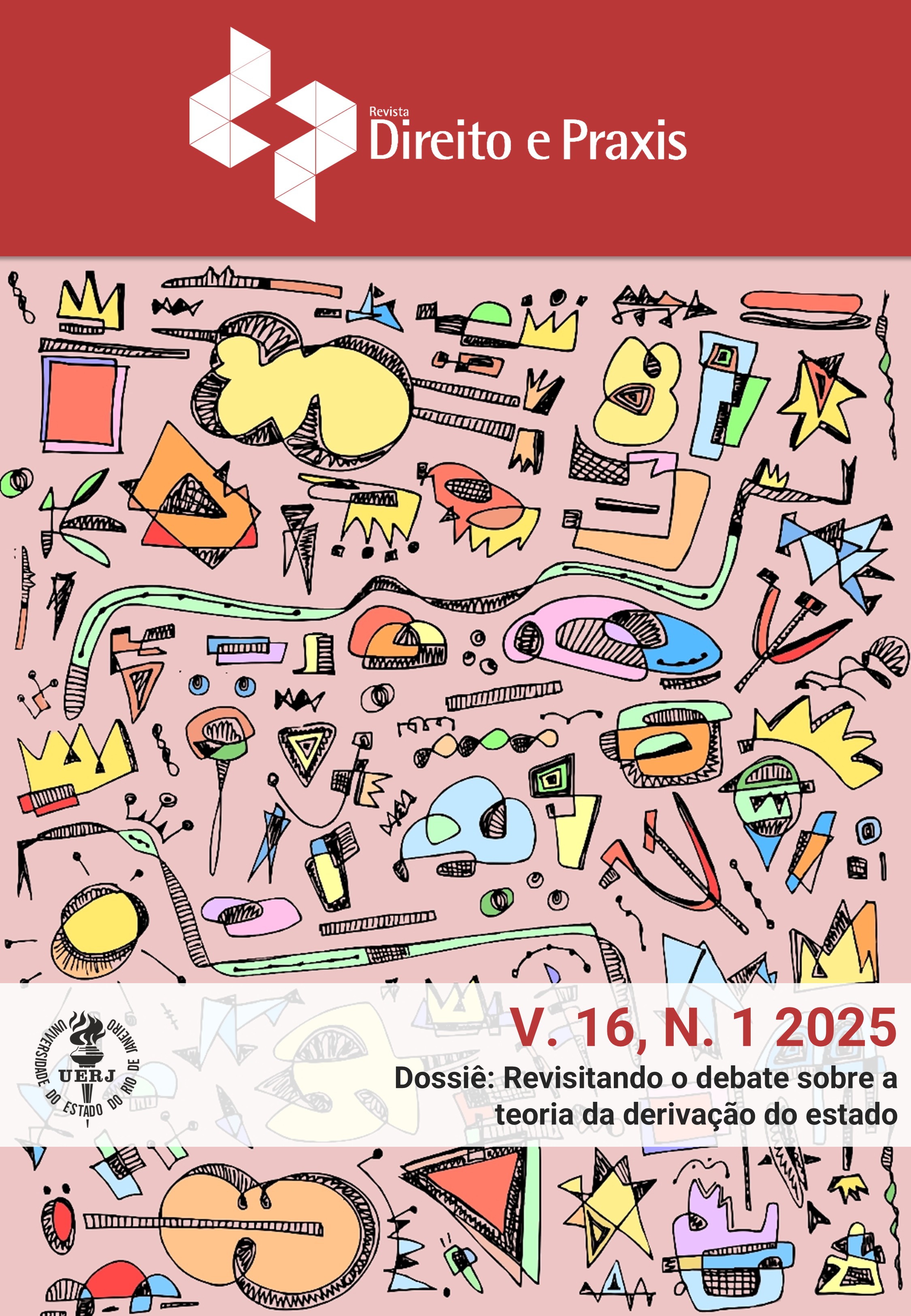An An analysis of the oral arguments of the Executive Branch in the public hearing on the draft bill 7.735/2014
the case of the Biodiversity Legal Benchmark
Keywords:
Biodiversity legal benchmark, Traditional people, Legislative proccessAbstract
https://doi.org/10.1590/2179-8966/2025/80097
This essay analyzes the arguments regarding the Brazilian Act 12,123/2015 from the representatives of the Ministries of the Federal Government involved in its elaboration as a draft bill proposed by the Executive Branch, in a public hearing held in the Federal Senate. In this paper, based on the collected data and Aníbal Quijano's theory of the coloniality of power and knowledge, the research question is the following one: how can one analyze the divergences in the speeches of the representatives of the Federal Government, on the discussion of the Draft Bill 7,735/2014, regarding its content and the participation of traditional people and communities in legislative process that affects them? This study used data collected from the transcripts and videos of the two public hearings held in the Federal Senate. In conclusion, the research found evidence that the Brazilian State may have failed in the consultation process of the traditional peoples and communities, and that there was no uniform consensus within the Federal Government concerning the content of the bill.
Downloads
Published
Versions
- 2025-04-08 (2)
- 2025-01-29 (1)
How to Cite
Issue
Section
License
Copyright (c) 2025 Thiago Ezequiel, Marcos Vinício Chein Feres (Autor/a)

This work is licensed under a Creative Commons Attribution 4.0 International License.
The authors the sole responsibility for their texts.
It is allowed the total or partial reproduction of the articles of the Journal Law and Praxis, if the author is mentioned.
This work is licensed under a Creative Commons Attribution-Noncommercial-Share Alike 4.0 Unported License.
This license allows you to copy and redistribute the material in any medium or format for any purpose, even commercial, provided the original authorship is cited.
This work is licensed under a Creative Commons Attribution 4.0 International License.



